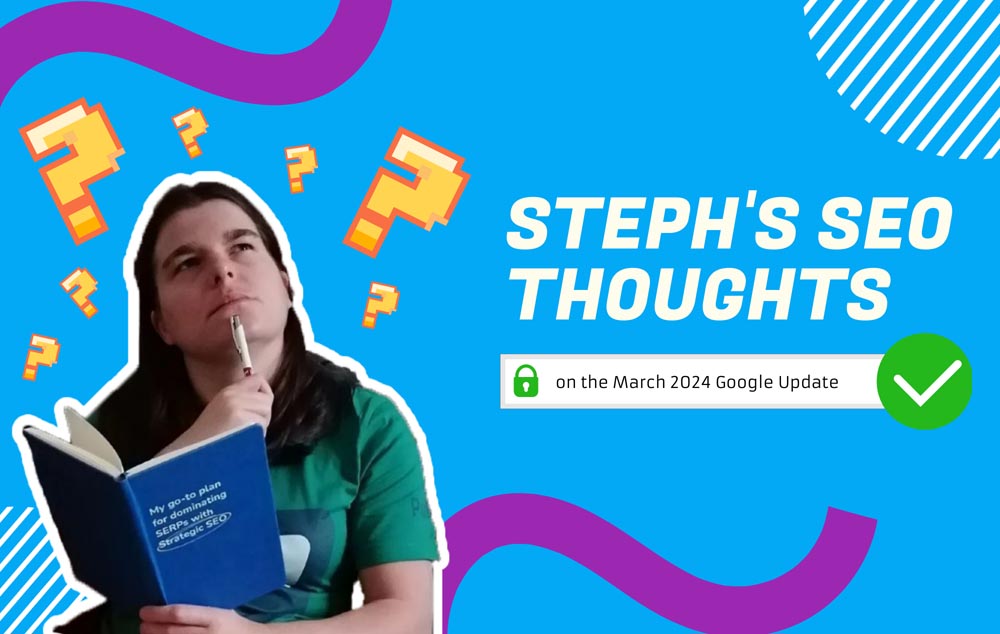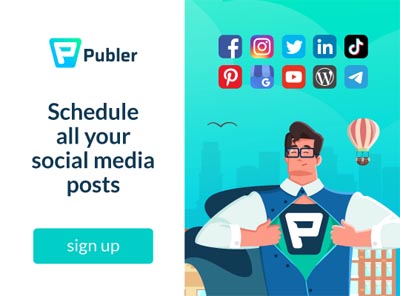
The March spam update announced by Google will be bad news for those using AI to produce content pages online en-masse. Those publishing hundreds and thousands of pages featuring unchecked AI-written content are often doing so to generate an influx of online traffic which they can then monetise with display ads. Most of the time, the content these websites provide isn’t helpful and can be incorrect in nature, causing frustration for anyone who comes across it.
For too long, these spammy websites have been riding high on the wave of organic traffic, reaping the rewards of top rankings for thousands of keywords in Google. But it looks like that fun is about to stop.
Those who spend time writing quality content, that is well researched or derived from experience, will rejoice at the news of Google’s March 2024 update. With Google’s AI-based spam-prevention system SpamBrain targeting spam sites, inferior websites that violate Google’s policies may drop in ranking or be removed from Google’s search engine results altogether. This proposed clean-up of the search results will hopefully allow genuine website owners to be able to achieve more visibility without having to contend with spam sites taking the top spots, which is better for users and website owners alike.
Whilst this update has been in the early stages of rolling out, a few webmasters have posted online to say they’ve received manual penalties against their website which has caused their site to be severely impacted in the search results or, in some cases, deindexed. Whilst some webmasters have maintained that no spam techniques have been used and therefore the reasons for the manual action are a bit blurry, others who’ve admitted to heavy AI usage have been affected.
Some prominent SEO voices, like Mark-Williams Cook of keyword research tool AlsoAsked, have already discovered websites on the net that have seemingly been hit…
This is a site that uses ChatGPT to generate loads of pages that summarise the contents of YouTube videos. I predicted a couple of months ago would likely land itself with a penalty in Google….
It peaked at around 1M organic a month, now @sistrix shows it in freefall. pic.twitter.com/4JZlgIjzLH
— Mark Williams-Cook (@thetafferboy) March 10, 2024
How Can I Optimise My Website and Avoid Being Penalised Moving Forwards?
Those looking to optimise their website for search engines are best doing so in an honest way that doesn’t cheat or try to fool the end user. Although content can be created with AI and still rank, it’s always best to proceed with caution and ask yourself the question “is this providing value?”. AI can be used well to provide a structured outline or perhaps to generate some ideas, particularly if you’re having writer’s block, but ultimately the websites that will receive the best results, from both users and search engines, are those who strive to produce content that offers value and provides insight.
Always keep in mind whether the content you’re producing is helpful and serves a purpose. If you’re knowledgeable in your topic of choice, use that to deliver content on your website that people will want to read – you can start by identify sub-topics of interest or answering questions that they may have. If you have nothing of value to say or add to the discussion, then it’s likely your website will not perform in Google’s search results as you would like.
Amongst those who will benefit from the update are businesses who share their expertise in their field to help attract new customers. If the update does its job, users won’t have to wade through spam websites in the search results to find businesses who are providing a quality experience. As a result, website owners could see a positive impact reflected in organic traffic.






0 Comments